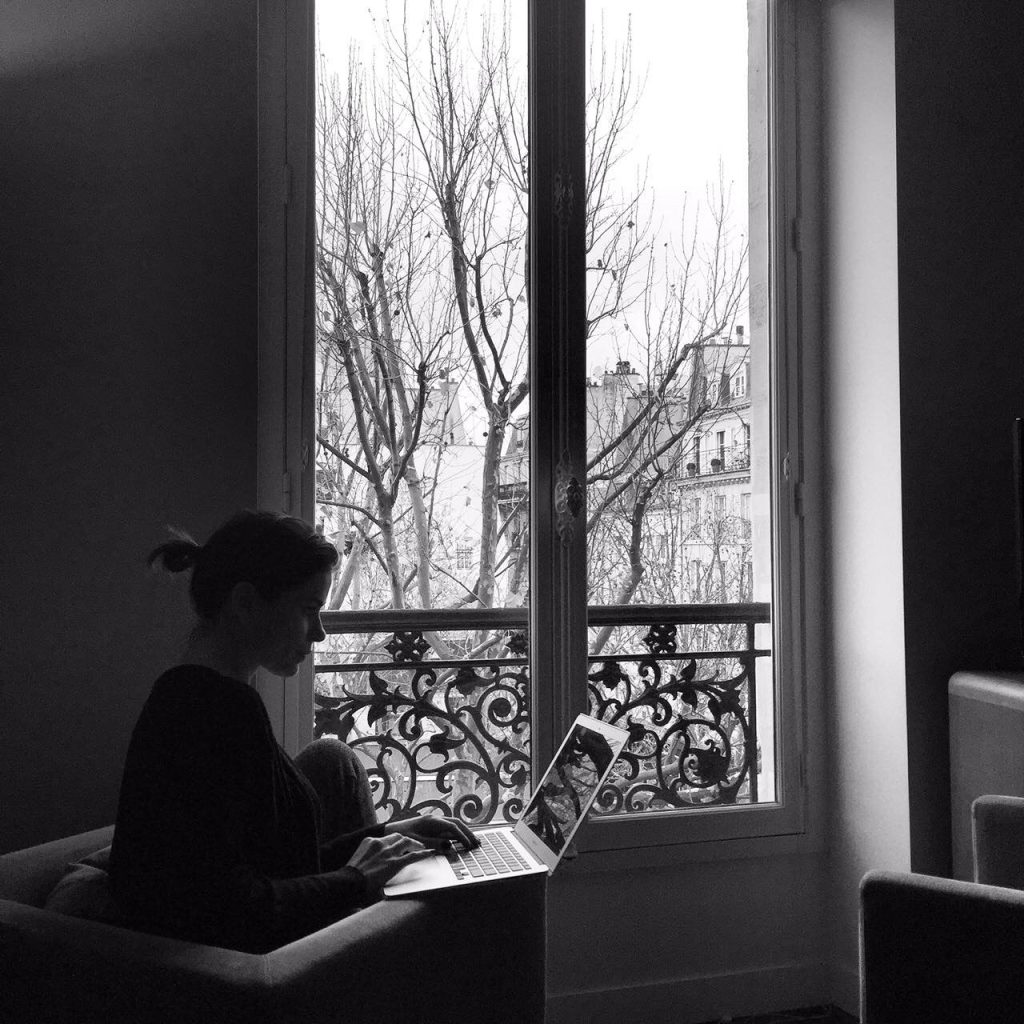A large-scale study in the UK, conducted by Tune Hotels Group, found that 1 in 4 adults suffer from insomnia, anxiety and depression on Sunday nights (i.e., ‘SMONDAY’). Research on this SMONDAY phenomenon has revealed three main causes:
- Anxiety about Monday
- Psychophysiological insomnia
- Circadian rhythm (internal body clock) disruption
Anxiety about Monday Many people experience sleep difficulties due to anxieties about the beginning of a new working week. Typically people report feelings of dread about the overwhelming week ahead and depressive thoughts about the ending of the weekend. People often contemplate all the things that need to be accomplished over the entire week, and ruminate over these seemingly overwhelming tasks. These thoughts lead to feelings of anxiety and stimulate wakefulness.
Psychophysiological insomnia It may be that worrying about not being able to sleep is the very thing that is keeping you awake! Often we feel pressured on Sunday nights to have a good long sleep, in order to prepare ourselves for the week ahead.
Circadian rhythm disruption On average, our internal body clocks require approximately 16 hours of wakefulness and 8 hours of sleep. Over these 16 hours our bodies build up a level of adenosine neurotransmitter that helps us to feel sleepy. Changing your sleep pattern can also affect the production of melatonin, consequently, disrupting the entire circadian cycle. For example, if you wake up at midday on Sunday, theoretically your body will not be ready for sleep until approximately 4am!
Another less common cause of SMONDAY is the consumption of alcohol. Drinking can be a cause or a contributing factor to Sunday sleep disturbance. Drinking alcohol can help us initially to fall asleep, however, it prevents us from getting Rapid Eye Movement sleep (REM sleep is the restorative part of the sleep cycle). When our body is busy metabolising alcohol we are unable to reach REM sleep. This can also seriously disturb our internal body clock.
Another more recent finding is that intense lights, which are found on most devices (such as computers, phones and tablets), also affect our circadian rhythm. Specifically, the light in the blue spectrum obstructs our bodies from producing melatonin.
How do these sleepless Sunday nights affect Monday? Sleep deprivation affects our ability to integrate and piece together facts. When sleep deprived, we experience difficulties concentrating, focusing our attention, and analysing information creatively. This significantly impacts our work performance and can lead to other issues.
How to cure SMONDAY
- Try to consolidate things at work on Friday before leaving. Set time aside on Friday afternoon to prepare for Monday.
- Turn off all blue spectrum light producing devices at two hours before bed.
- Try to not oversleep more than an hour on Sundays.
- Try keeping a notebook beside your bed to write down any constructive thoughts/ideas you have.
- Throughout the afternoon, avoid consumption of caffeine or foods high in sugar.
- Try focusing on something you are looking forward to during the week (it can be as simple as preparing your favourite lunch to take to work on Monday).
- Read a book or magazine.
- Listen to calming music.
- Try a quick and simple yoga evening stretch routine (such as https://youtu.be/cMsIe8RjrYY)
- Try a guided sleep meditation (for example https://youtu.be/bFnULx_hH9g)
- Try a guided muscle relaxation exercise whilst lying in bed preparing for sleep (https://youtu.be/QMv64migYjY)

